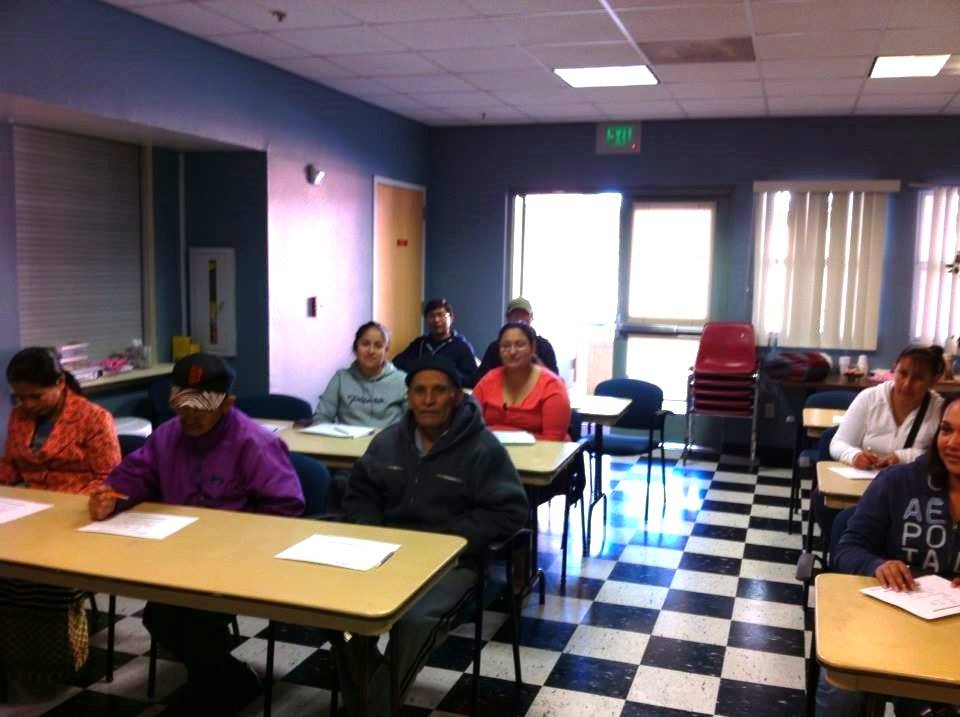The state prison at Vacaville, Calif., is a fertile field for the two neighboring corps at Vacaville and Fairfield. A/Captains Wayne and Patricia Wetter at the Fairfield Corps began the prison work with A/Captains Richard and Rebecca Huntley in Vacaville about three years ago.
They continue to expand the ministry, with church services on Sunday afternoons and Bible studies on Tuesday morning. A/Captain James Durel, now at Vacaville Corps, is in charge of the AIDS outreach within the prison. There are 12 soldiers now, but “we keep losing them in a good way–by parole,” Wetter says. As inmates are paroled, Wetter sets them up with another corps or church.
So far, no parolees have returned, though under present rules it is possible for them to come back to prison for even a minor traffic infraction on the outside. The men have reached out into the prison, inviting non-members to form small groups for discussion and encouragement.
Durel has dealt with HIV/AIDS patients since the ’80s when he was a prison chaplain in Chicago. He served on the AIDS Task Force in the former Northern California Division. Included in the 450 bed HIV/AIDS ward at the prison is a 17-bed hospice for those in the last 60 days of life, including some dying from other causes.
Durel does individual counseling in the hospice, as well as holding meetings in the regular AIDS ward. He often is called for a “deathbed watch” with patients who must not be left alone. Three of the present inmate soldiers are doing League of Mercy work in the prison with residents of the AIDS hospice. As a member of the Ryan White AIDS Consortium, Durel has access to current information on the disease, as well as having contact with other patients not at the prison.
Wetter is proposing that Vacaville prison’s 12 soldiers be made part of a Fairfield outpost. That way, continuity of leadership will be assured.
Prison corps existed in the early days of prison ministry, with a far-reaching influence on the men’s lives. An outpost opened in San Quentin prison in 1894, at the request of a few prisoners who had read the War Cry, became a full-fledged corps with 30 members in 1897.











